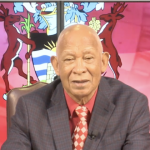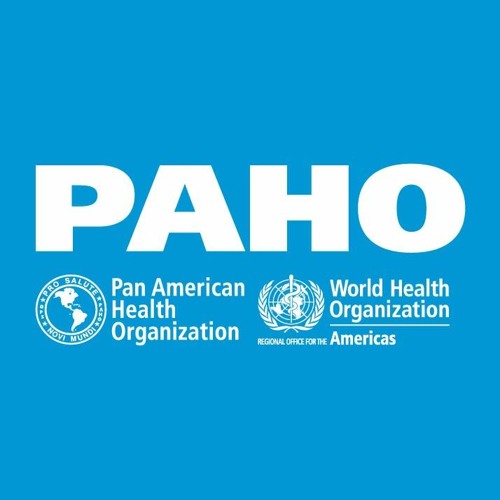REGIONAL governments are being encouraged to increase the allocation to their mental health budgets to five per cent as a key strategy to improving mental health care in the Americas which has worsened with the advent of the coronavirus (COVID-19).
This is one of the 10 recommendations contained in a Pan American Health Organization (PAHO) report entitled: ‘A New Agenda for Mental Health in the Americas’, which was launched on Friday.
The specific recommendation is to increase the quantity and improve the quality of financing for mental health.
It further outlines how to mobilise increased financing for mental health and allocate it more efficiently and equitably.
Speaking at Friday’s launch, co-president of the PAHO Commission and assistant director general of the Organization of American States (OAS) Ambassador Néstor Méndez lamented that the median allocation to mental health is only three per cent of the national health budgets in the Americas.
“The report makes a very concrete recommendation moving from the average of three per cent of the national health budget allocated towards health to move towards five per cent,” he said.
Méndez said if recommendations in the report are accepted, it will not only create a greater sense of urgency, but also provide the material for governments to have a guide to achieve this objective, adding that he is hoping that additional resources will be regenerated for mental health care and that greater attention will be paid to it by other parts of society.
“We are urging and hoping that the wider society, especially the private sector, will eventually be involved in the directing of additional resources to the issues of mental health that affect everyone in society,” he said.
In the meantime, president of the PAHO Commission and former vice-president of Costa Rica, Dr Epsy Campbell Barr, stressed that “investing in mental health is crucial to promote equitable and sustainable human development for all to live with well-being and dignity,”
“We must remember that the mental health burden is not a private struggle but a public health crisis that warrants urgent and immediate action,” she said.
The report, which is the result of the analysis of PAHO’s High-Level Commission on Mental Health and COVID-19 of the mental health situation in the region, comprises a package of priority mental health policy and strategy actions that have been crafted for incorporation into countries’ post-pandemic recovery strategies.
According to the executive summary of the report, in 2020, median government funding for mental health as a proportion of total health spending was a mere three per cent, with nearly half of these funds allocated to psychiatric hospitals, which can be associated with poorer treatment outcomes and human rights violations, in particular with reference to long-term psychiatric hospitalisation.
Additionally, the report noted that prior to the pandemic, poor mental health, structural limitations and barriers for accessing quality mental health and wellness services, and lack of funding were already major and growing contributors to overall ill-health in the region — with the Americas being the only World Health Organization (WHO) region where suicide rates have been increasing.
The report said that the pandemic has sparked increased discourse on mental health, highlighting the extent of the crisis and putting systemic failings in mental health services under fresh scrutiny.
“The effects of the COVID-19 pandemic on the region of the Americas extend far beyond the nearly three million lives lost to the disease. Economies in the region have been devastated, generating increases in unemployment, poverty, and inequality. Health, education, and social services have also been severely disrupted. In response to these circumstances, mental health conditions have surged, while mental health services have struggled to meet the new, increased, and urgent demand,” the report read.










